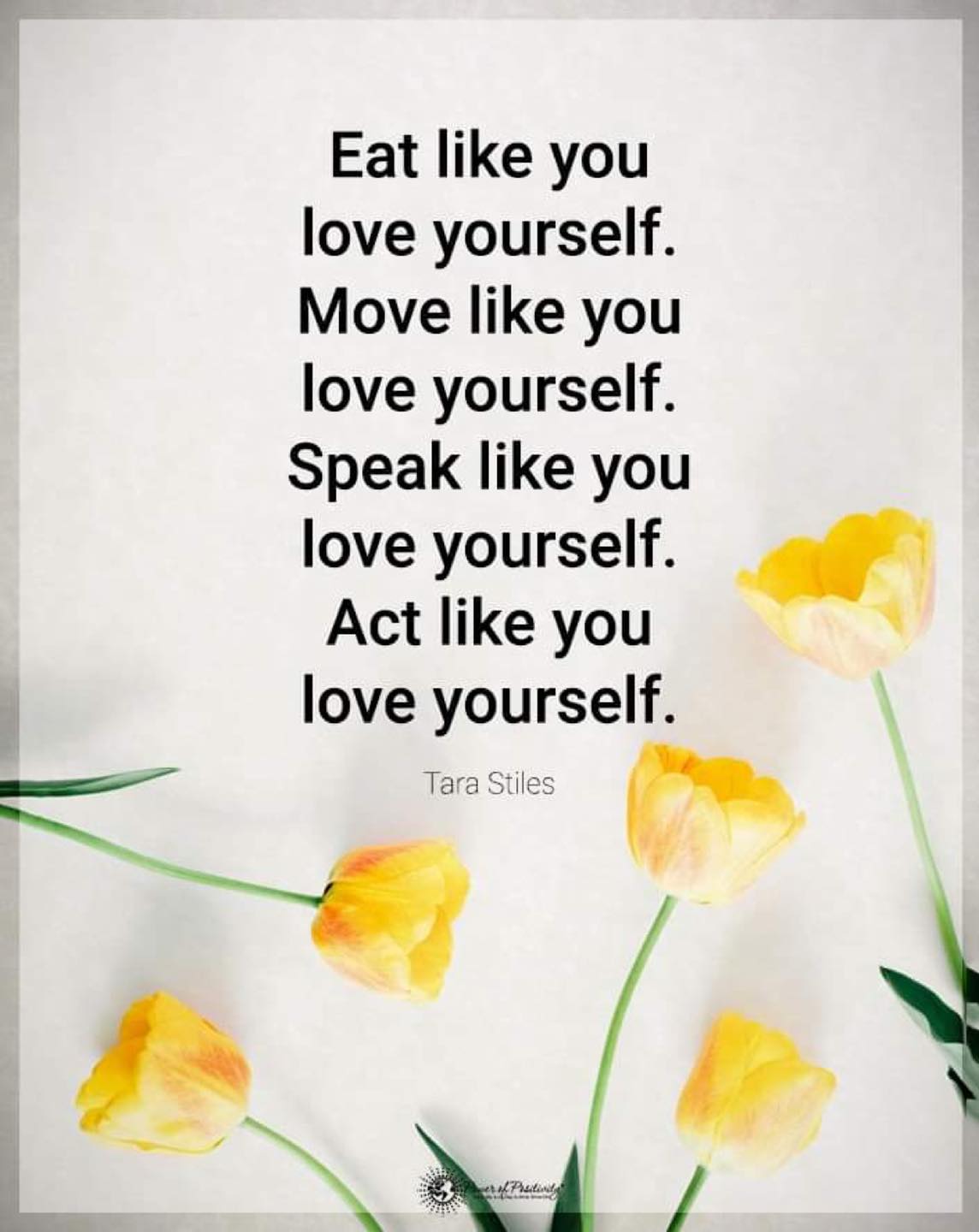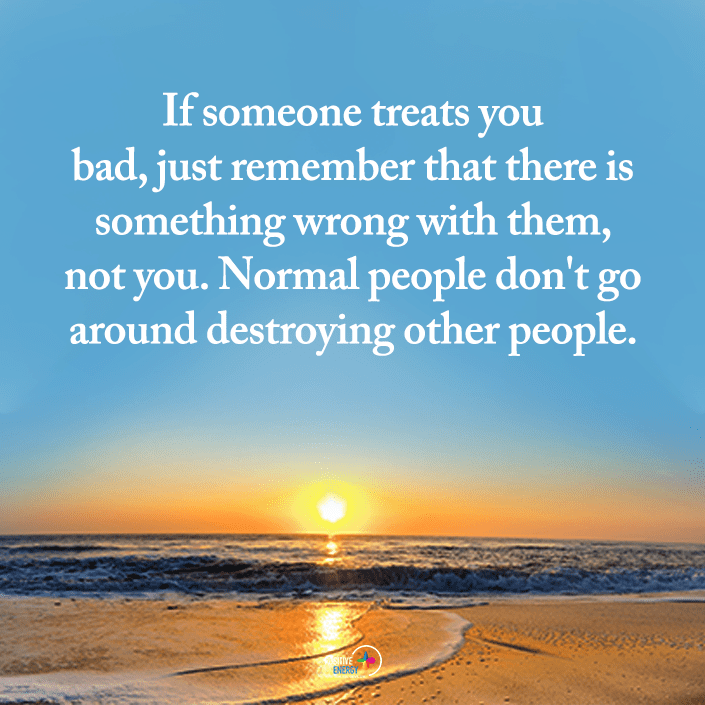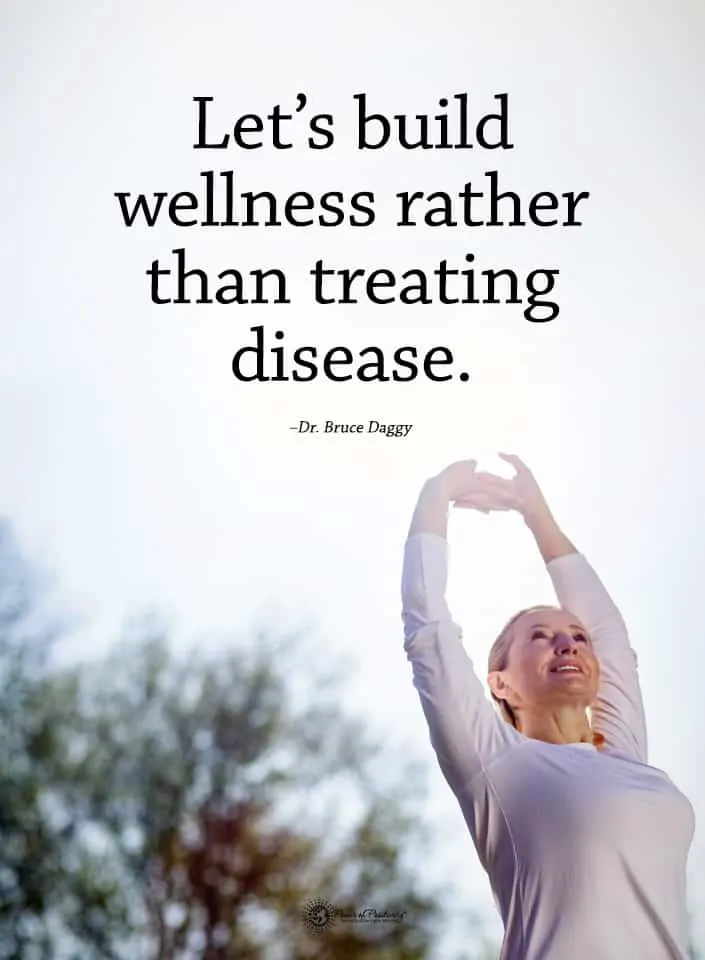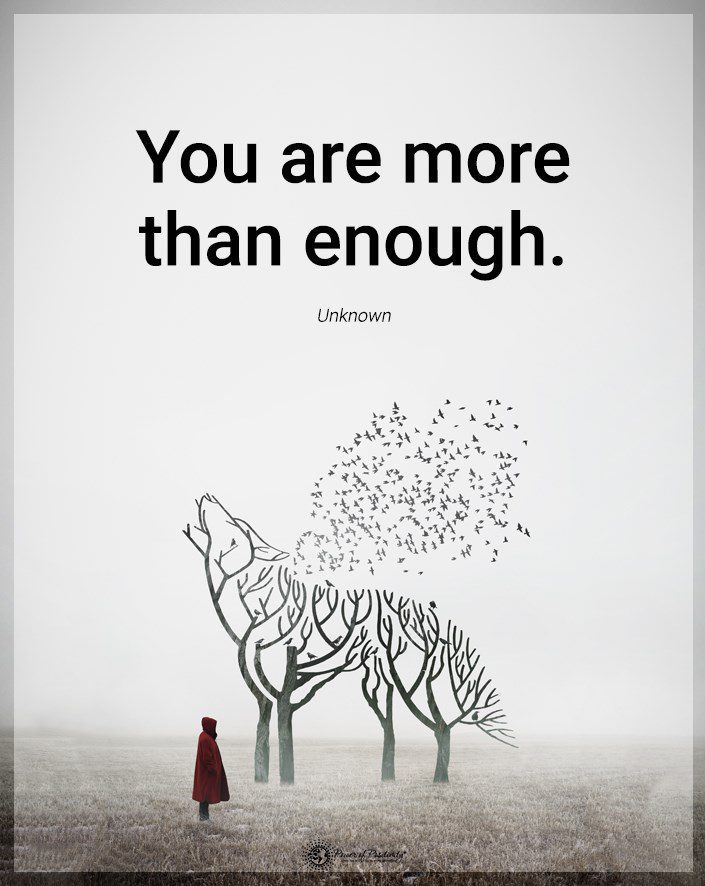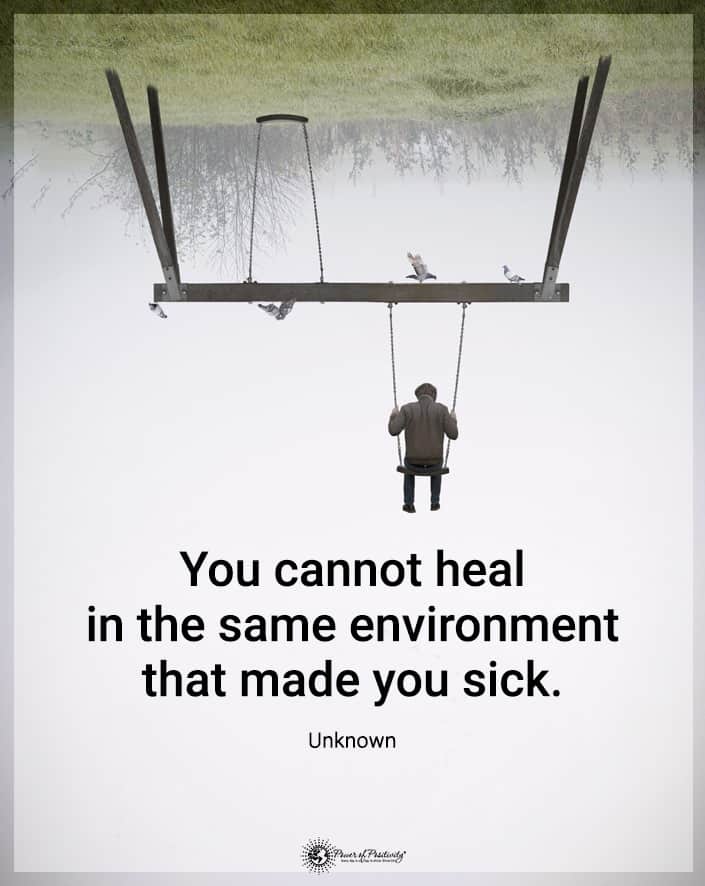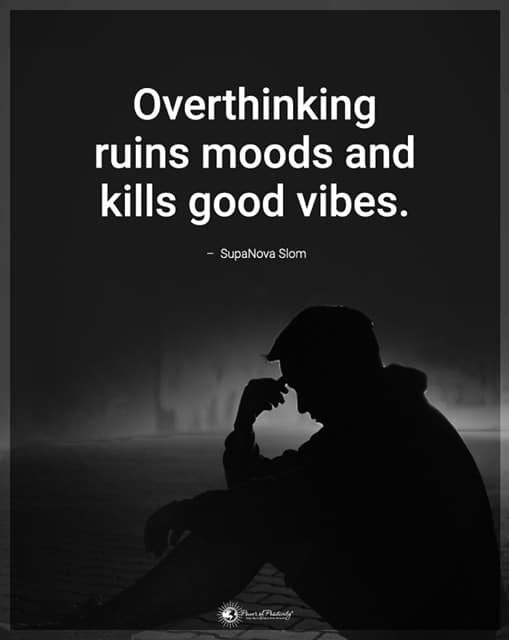Eating a balanced diet is vital for overall good health. A healthy diet comprises fats, carbohydrates, and protein. Eating enough protein is critical for staying healthy, having proper growth, and having good body function throughout your life. There’s no doubt that protein is key to your diet.
Here is a list of ten benefits of eating protein you should never overlook.
11 Science-Backed Benefits of Eating Protein

1 – Stay full longer by eating protein
Consuming healthy sources of protein daily helps you stay full for an extended period, making you less likely to snack in between meals. Protein is more filling than carbohydrates or fat. Eating protein also suppresses a specific hormone called ghrelin, which has an appetite-suppressing effect on your body. Eating protein in your meals can help you avoid consuming those extra calories that cause you to feel hungry and gain weight.
2 – Speeds up your metabolism
Your body burns more energy processing protein than it does fats or carbohydrates. You can’t magically lose weight just by eating protein, but you’ll drop some extra pounds, especially if you add exercise to your daily routine. As your body digests protein, it speeds up your metabolism, making you feel full quicker, which helps you eat fewer calories.
3 – Help you maintain your weight
An adequate amount of protein in your diet will help you reduce calories. Studies found that eating a higher protein diet was a successful way to treat obesity and help with body weight management. They found that those who ate more protein had more significant weight loss, better weight maintenance, lower blood pressure, and reduction of waist circumference. If you want to lose weight and keep it off, add healthy protein foods to your regular diet.
4 – Eating protein improves your overall strength
Protein comprises amino acids, like building blocks that, when built together, make up your muscles, bones, skin, and hair. When you consume protein, your body breaks it down during digestion into amino acids. If you aren’t eating protein, your body will remove protein from your muscles and then other parts of your body to function. This causes you to have less strength.
5 – Builds and repairs your muscle
Protein’s amino acids are building blocks that build and repair your muscles. The amino acids help repair your muscle tissues. You need to eat an adequate amount of protein each day to assist your body in this building and repairing itself. Eating too little protein results in weak muscles, lack of hair growth, and poor skin tone. If you are physically active walking, biking, or hiking, consume extra protein to help restore your muscles.
6 – You can avoid heart disease by eating protein instead of too many carbs
Even though protein is essential for your overall health, be sure to eat healthy proteins. Plant protein results in a lower risk of heart disease than eating protein from red meats or dairy. Plant proteins are cholesterol-free, a factor in many cardiovascular diseases. Eating processed red meats can also cause cardiovascular disease. Processed red meats such as:
- Bacon
- Salami
- Pepperoni
- Hot dogs
- Cured ham
- Canned meats
- Beef jerky
- Sausages
7 – Eating protein lowers your blood pressure
A higher intake of protein will lower your blood pressure. Studies found that eating plant protein lowers blood pressure and reduces your risk of heart disease. Even though plant proteins lack amino acids, they’re still healthier than red meats. Consume these healthy plant proteins:
- Edamame
- Lentils
- Black beans
- Chickpeas
- Peanuts
- Almonds
- Quinoa
- Hemp seeds
- Broccoli
- Wild rice
- Guava
- Soybeans
- Spinach
8 – Helps you stay strong as you age
As you get older, your muscles naturally grow weaker. Your daily routine gets more challenging if you have less muscle strength. This can lead to falls, or poor quality of life, especially in older adults. Eating more protein-rich foods is one way to help fight muscle deterioration. Add exercise to build your muscle strength. Walk, swim or ride a bike. Lift weights to add muscle tone and strength.
9 – Eating protein oxygenates your blood
Your red blood cells contain protein that moves oxygen throughout your body. Oxygen carries essential nutrients to your different organs and tissues. Thus, eating protein plays a massive part in fueling you with energy and lots of oxygen.
10 – Helps with hormone regulation
Besides being a building block of your body’s cells, organs and tissues, protein also plays a significant role in your body’s hormone development and regulation. For instance, a low-protein diet is linked to decreased estrogen and prolactin, increased stress, and thyroid imbalances. If you’re eating meat protein, choose organic turkey or chicken, wild-caught fish, and grass-fed beef for the best hormone quality.
11 – Helps you have strong bones
Individuals who eat protein build and maintain their bone mass better for their age. If you’re not eating enough protein, you could be at risk for osteoporosis, a bone disease that decreases your bone mass. This leads to lower bone strength and increases your risk of falling and breaking a bone. It’s called a “silent ” disease because you rarely have symptoms. Most people don’t know they have it until they break a bone. It’s more common for women than men. Eat plenty of protein and get enough exercise to prevent this common bone disease.
How much protein should you eat?
Generally, adults should eat 10 to 35% protein, 45 to 65% carbohydrates, and 20 to 35% fats to maintain optimum health. This works out to consume approximately 7 grams of protein for every twenty pounds of body weight. Here’s a calculator to help you determine your best intake.
Want to start eating protein for better health? Try these foods:
Here are the best sources of protein for optimum health benefits.
- Legumes
- Seeds and nuts
- Whole grains
- Vegetables and fruits
- Seafood
- Poultry
- Lean dairy food
Strange things you may not have known about eating protein
Protein is a familiar topic for most people. But there are some exciting things you may not know about protein.
- Hair problems: Your hair is composed of protein. It would help if you ate enough to keep your hair strong and healthy. If you don’t consume enough protein, your hair will fall out. High-protein foods help your hair grow faster and not fall out as much.
- Calorie counting: One gram of protein provides four calories.
- It’s fishy: Of all the fish, yellowfish tuna has the highest amount of protein, followed by anchovies, salmon, snapper, halibut, and tilapia.
- On no, bugs: If you want a high-protein snack, try crickets. They have 60 grams of protein in a 3.5-ounce serving.
- Second place: Your body is made up of approximately 70% water. Protein is your body’s second most abundant material, making up around 18% to 20%.
- Greek to me: The word protein comes from the Greek word, Proteios. In Greek, it means holding a primary position.
- Protein deficiency: In kids, protein deficiency is called kwashiorkor. This condition causes a protruding belly, thin hair, weight loss, and faded skin color. There are mental disorders and even death if a child has Kwashiorkor.
- More protein: Poultry has more protein than beef.
- Less consumption: India has the least amount of meat consumption even though they’re second in population. In India, individuals only eat around 7 pounds of meat a year compared to Americans, who eat around 274 pounds of meat every year.
- Eating too much protein: Too much protein isn’t good for you. It can put a strain on your liver and kidneys, causing them to need to work too hard.
- Luxembourg’s meat-eaters: Although it’s the smallest country in the world, Luxembourg is one of the largest meat-eating countries in the world. On average, citizens of Luxembourg eat 299 pounds of meat every year.
- Please don’t overdo it: Overeating protein will cause you to gain weight.
Final Thoughts on Understanding the Eleven Best Reasons for Eating Protein
Hopefully, this information on protein benefits will convince you of the importance of eating protein for your overall good health. It’s essential for healthy bones, hormones, weight loss, weight control, and strong muscles. Try incorporating lean proteins like plant protein, fish, or poultry into your daily meals. Choosing high-protein foods will guarantee you stay strong for years to come.

